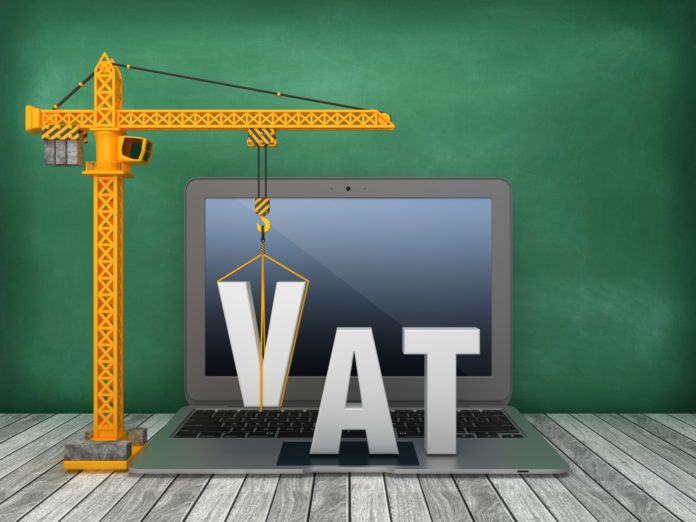The government recently announced that the deadline for the introduction of the domestic reverse charge for construction services has been delayed until 1st October 2020. Here, Jamie Russell from Perrys Chartered Accountants provides some background on what it means and whether it will affect your building firm.
| The reverse charge will mark a major change to the way VAT is collected across the construction industry. It means that the customer receiving the specified service has to pay the VAT to HMRC instead of the supplier, and the customer, in turn, then recovers the VAT under the normal rules.
This may have the effect that some businesses become repayment traders, because they no longer pay the VAT on some of their sales to HMRC. The reverse charge applies to individuals or businesses which are registered for VAT in the UK and which supply or receive specified services reported under the Construction Industry Scheme (CIS). Its aim is to assist in the identification and prosecution of perpetrators of VAT-related fraud in the industry. Both the Chartered Institute of Taxation (CIOT) and the Federation of Master Builders (FMB) had raised concerns about the 2019 deadline, citing research which found that it could lead to confusion and ultimately company insolvencies. Both organisations stated that many construction businesses were not ready to implement the changes, as well as facing the added complexities of preparing for Brexit, which was at the time of the decision still set for 31st October. In addition, a survey undertaken by the FMB showed that 69% of construction SMEs had not even heard of the new reverse charge. However, it’s now essential that affected companies plan ahead for the 2020 deadline to ensure everything is in place. Company owners will need to: Check whether the reverse charge affects sales, purchases or both – HMRC has published a flowchart to help determine this Make sure accounting systems and software are updated to handle the change Consider whether the reverse charge will have cash flow implications Make sure any employees dealing with VAT accounting understand how the reverse charge will operate Review contracts with sub-contractors to see if the reverse charge will apply to services you receive from them |




